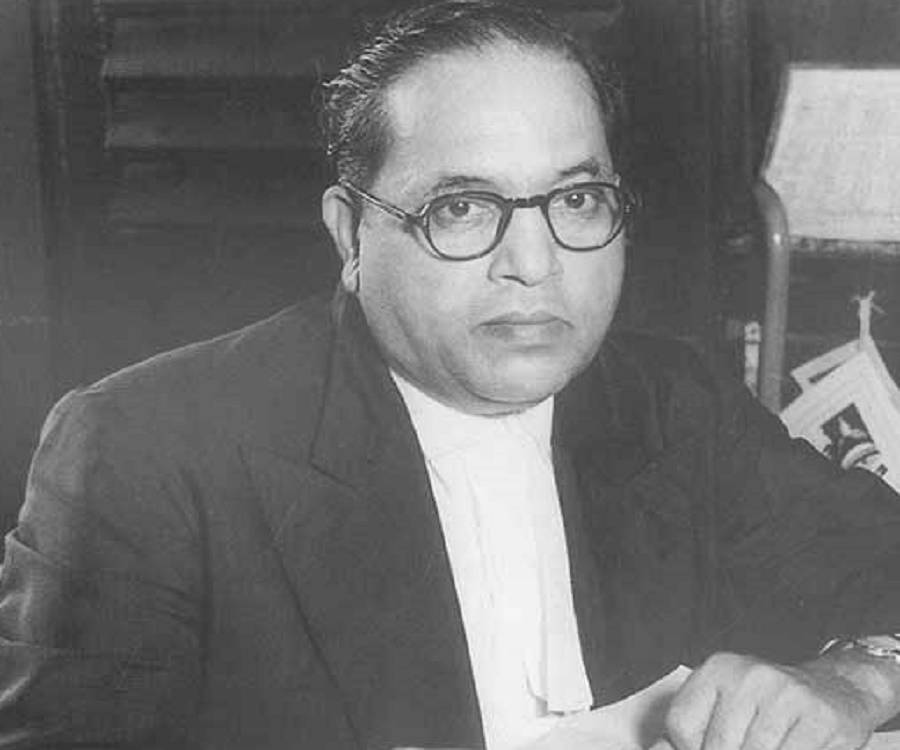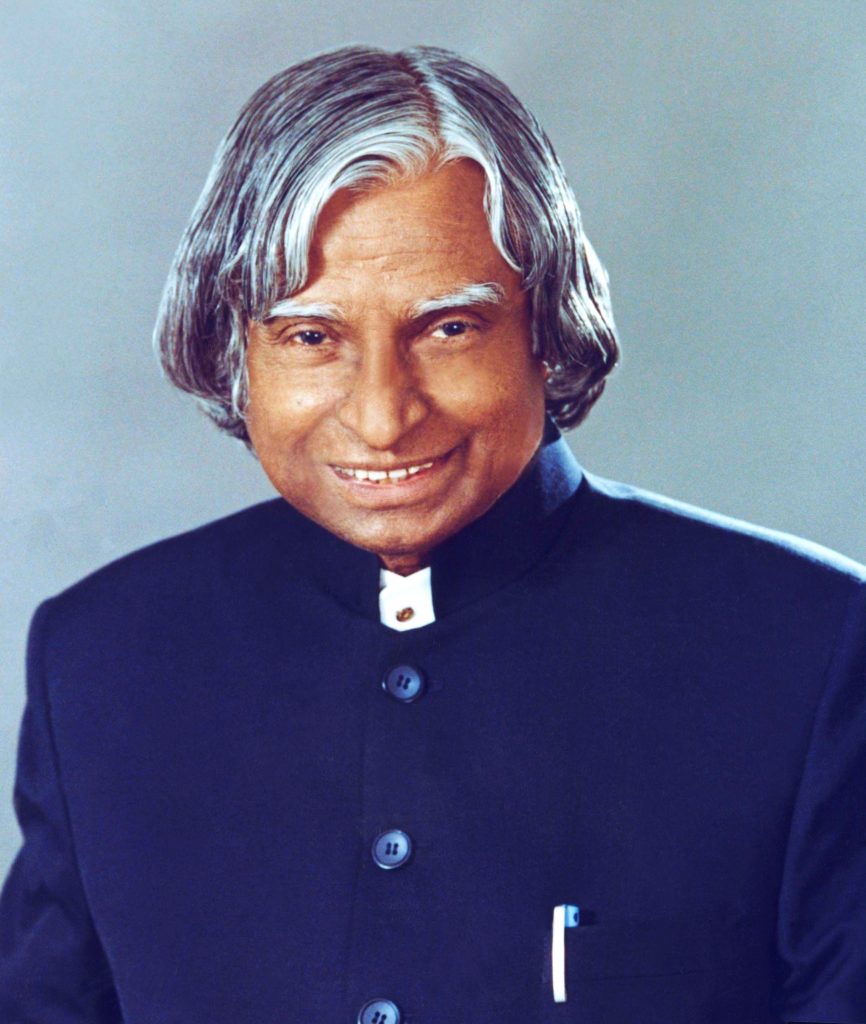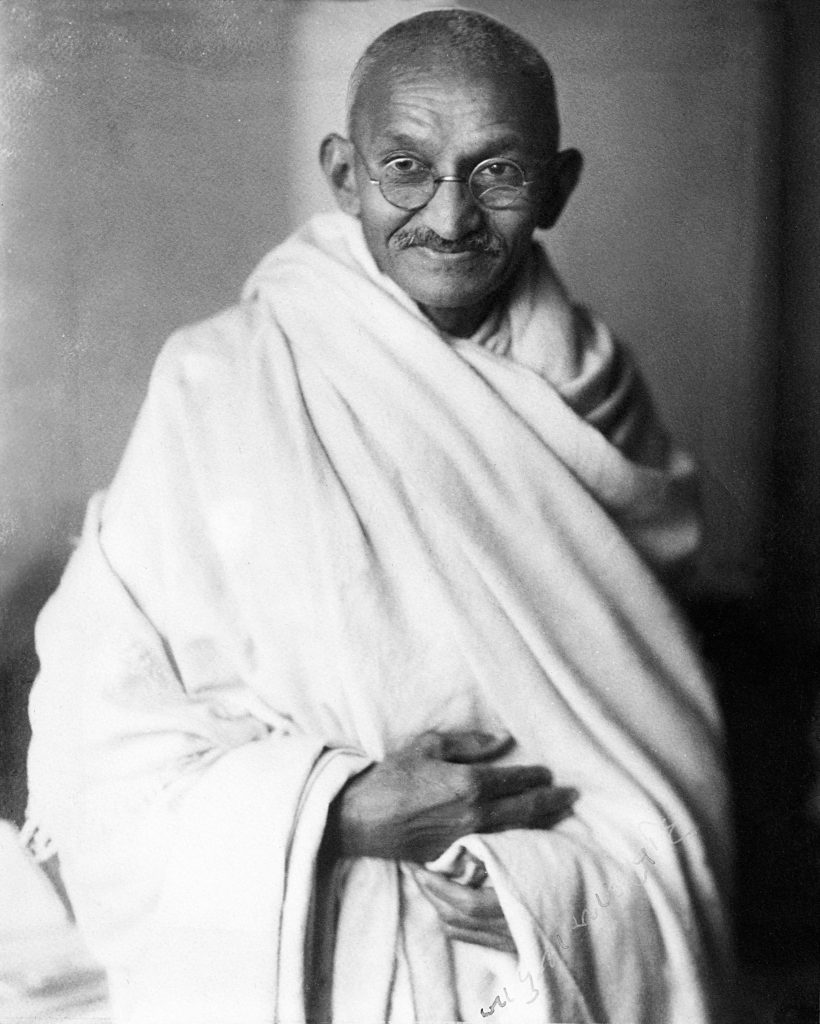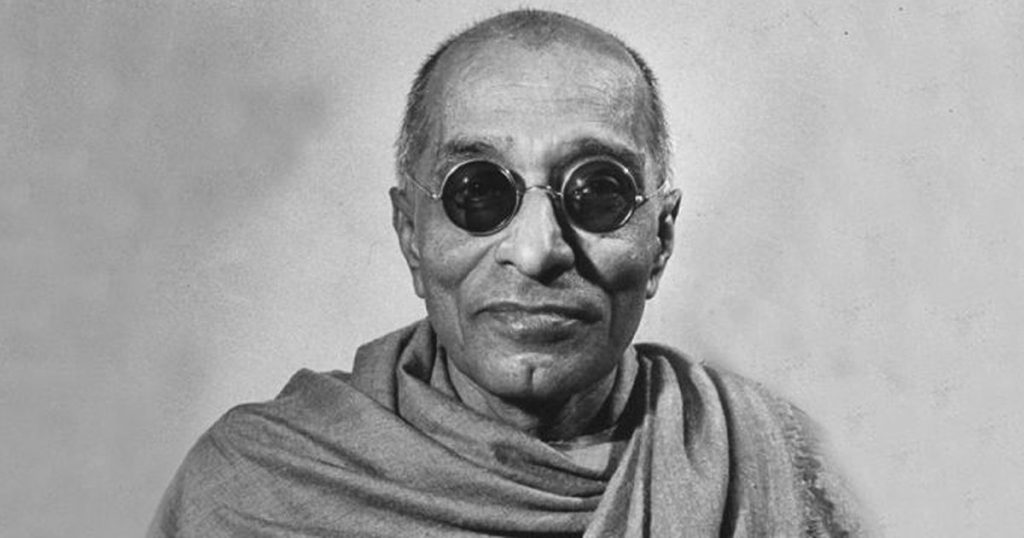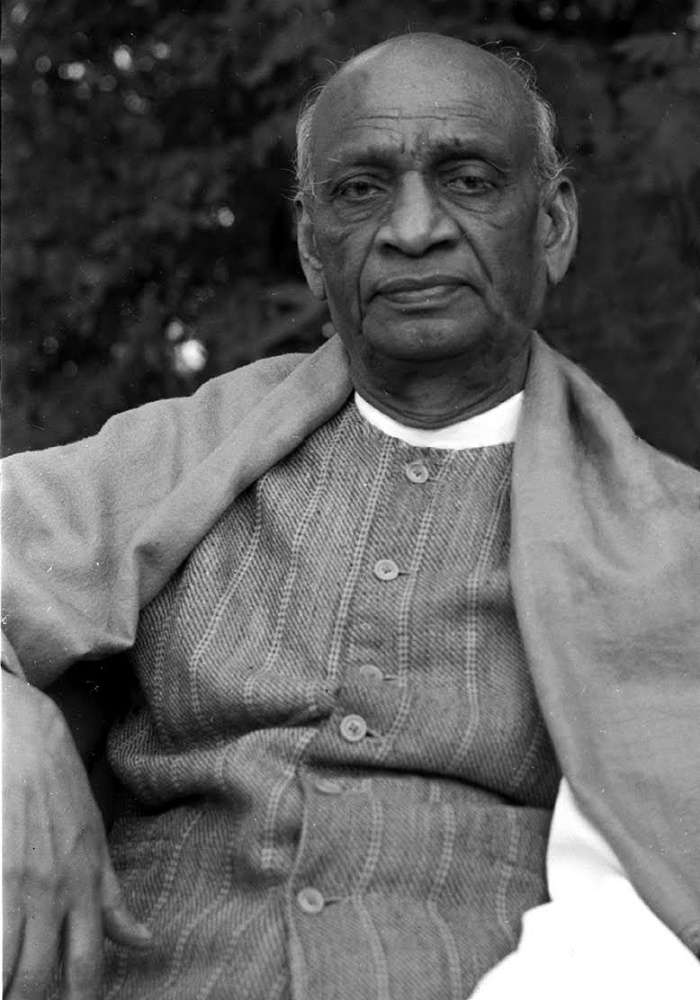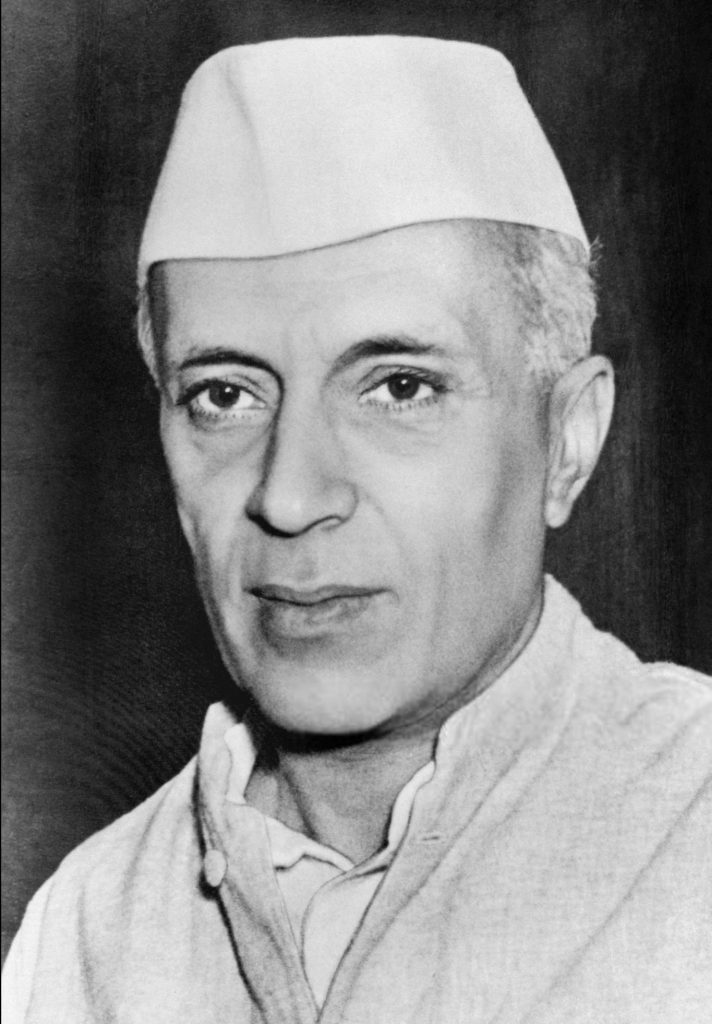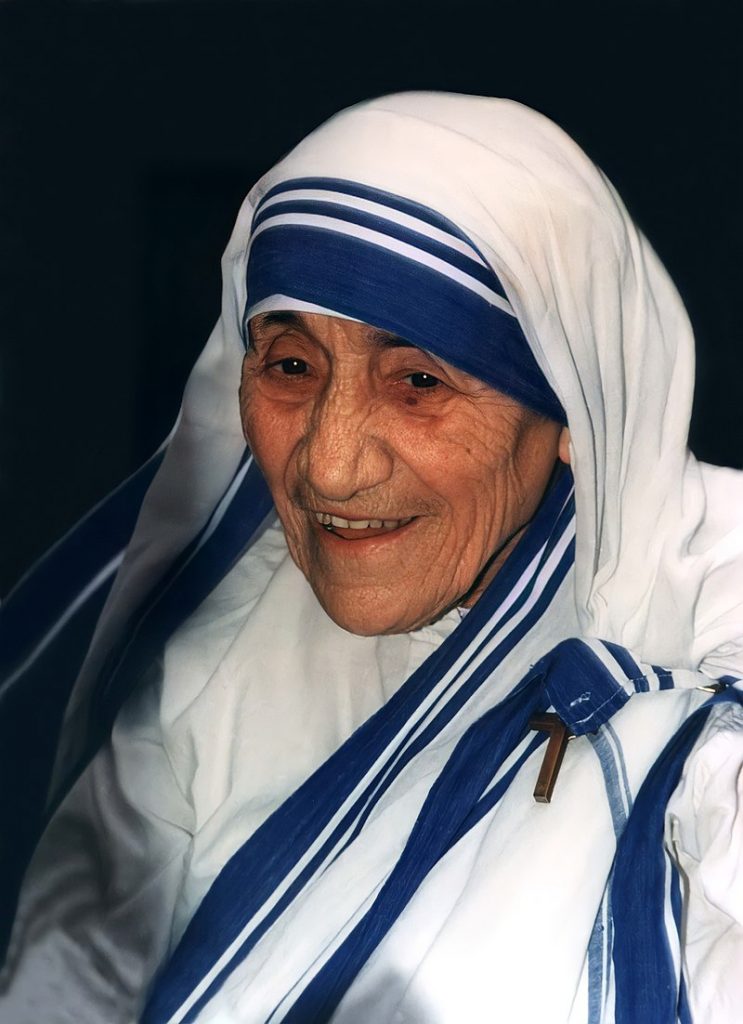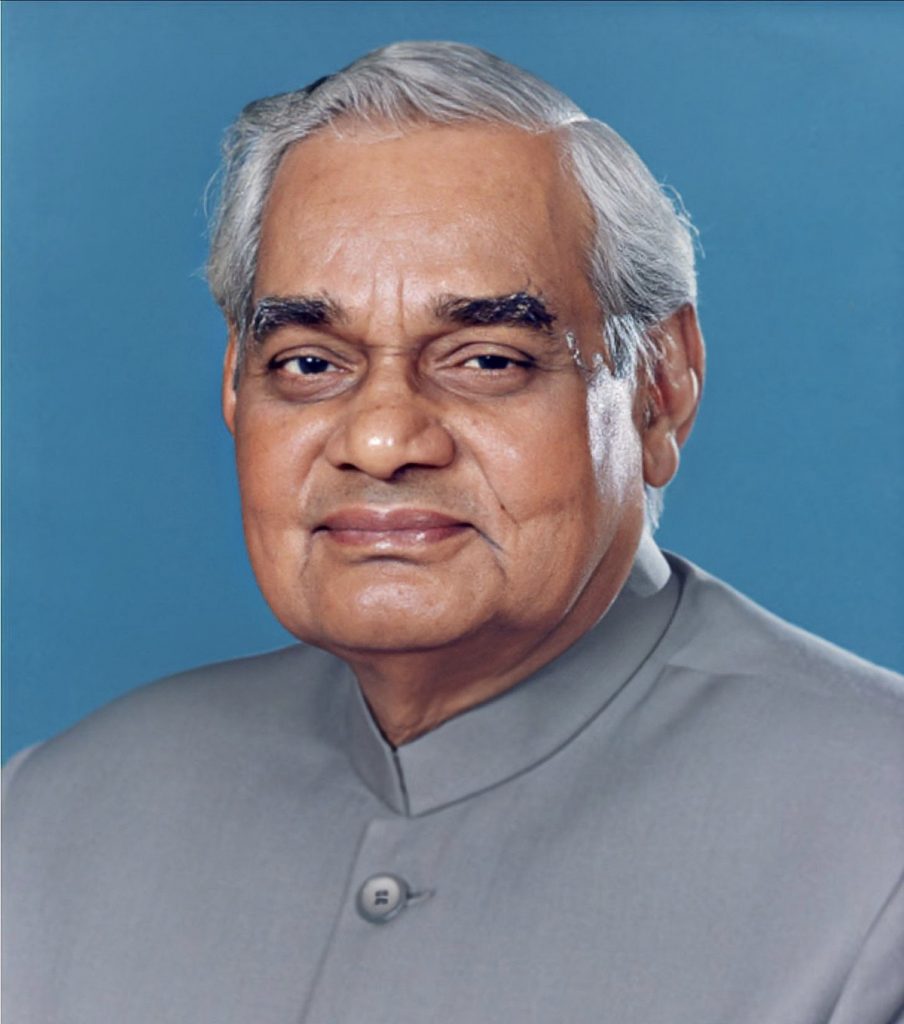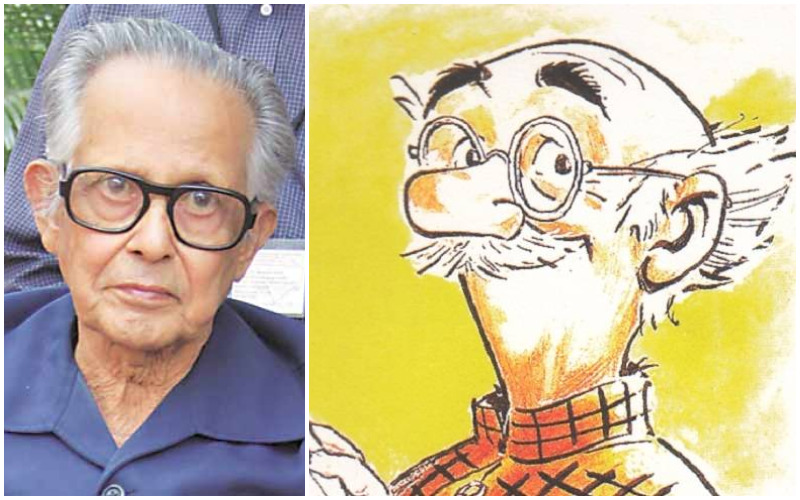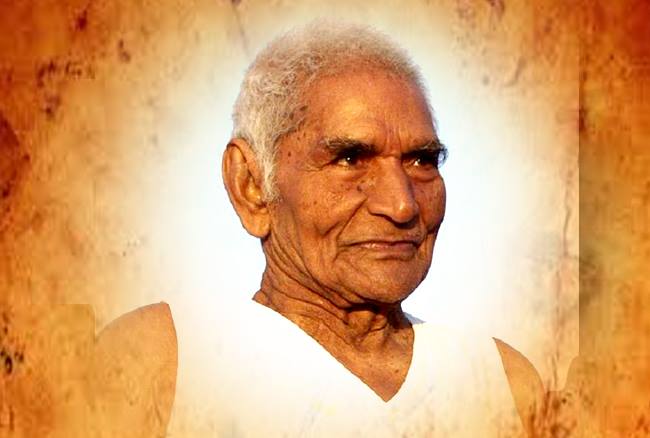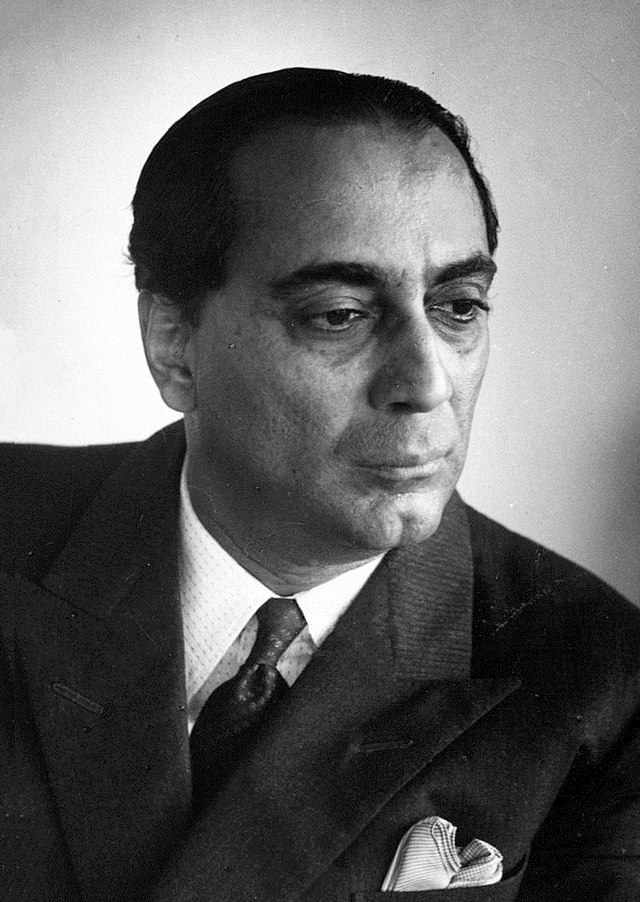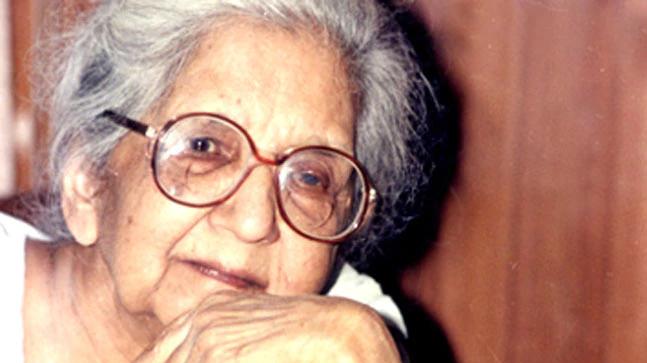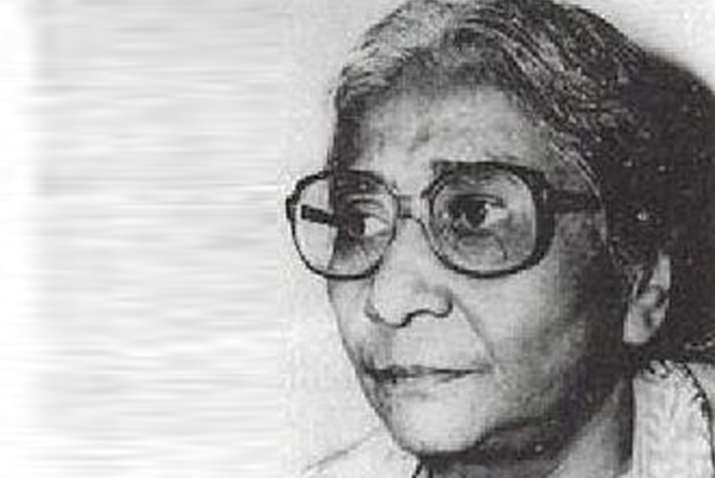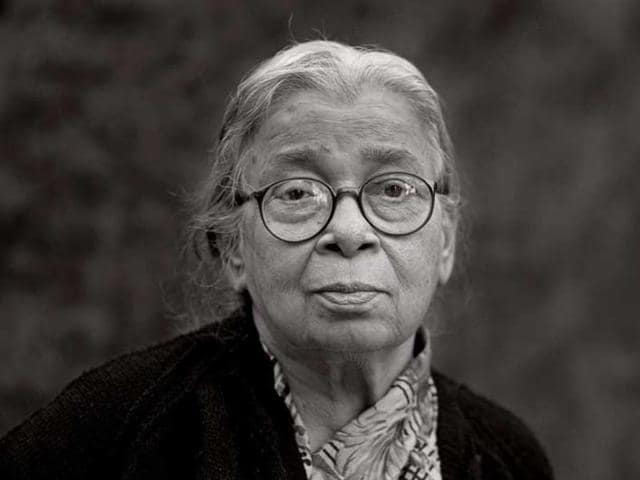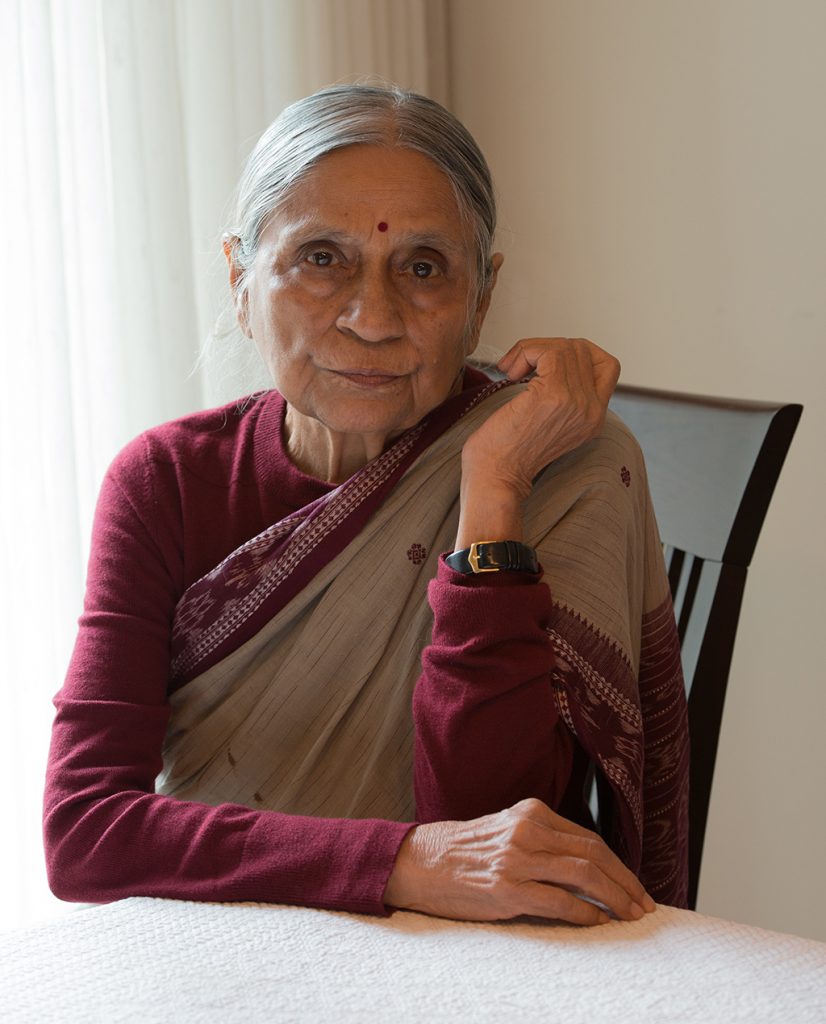15 Great Leaders of Modern India Who Changed History
India is an extremely diverse country which houses different communities and a rich history, and we have had some incredible leaders who have inspired us through the decades. They all have contributed to the foundation of the nation through their different roles, and continue to be sources of inspiration for many. Here are 15 of the great leaders of India we think you should always remember.
Bhimrao Ramji Ambedkar was an Indian jurist, economist, social reformer, and political figure who served as the chairman of the committee that drafted the Constitution of India from the discussions in the Constituent Assembly. He also held the position of Law and Justice Minister in Jawaharlal Nehru’s first cabinet and, after renunciating Hinduism, served as an inspiration for the Dalit Buddhist movement. Ambedkar received the Bharat Ratna, the highest civilian honour in India, posthumously in 1990. Followers honour him with the salutation Jai Bhim. Additionally, he goes by the title Babasaheb. He is an unforgettable name when it comes to mentioning the great leaders of India.
Scientist in aerospace and statesman Avul Pakir Jainulabdeen Abdul Kalam led India as its 11th president from 2002 to 2007. He studied physics and aeronautical engineering and was nurtured in Rameswaram, Tamil Nadu. He worked as a scientist and science administrator for the following four decades, primarily at the Indian Space Research Organization (ISRO) and the Defence Research and Development Organization (DRDO). He was heavily involved in both India’s efforts to develop military missiles and its civilian space programme. As a result of his contributions to the advancement of ballistic missile and launch vehicle technology, he earned the moniker “Missile Man of India.” He also had a significant organisational, technical, and political involvement in India’s 1998 Pokhran-II nuclear tests, which were the country’s first since its initial test in 1974.
The victorious struggle for India’s independence from British control was led by Indian lawyer, anti-colonial nationalist, and political ethicist Mohandas Karamchand Gandhi, who later served as an inspiration for movements for civil rights and freedom around the globe. In 1914, in South Africa, the title Mahtm (Sanskrit: “great-souled,” “venerable”) was first used to refer to him. Gandhi’s birthday, 2 October, is observed as an international day of nonviolence and as Gandhi Jayanti, a national holiday in India. Gandhi was known as Bapu and is regarded as the Father of the Nation in India, though not formally. It would be remiss to not mention Gandhi when compiling a list of the great leaders of India.
Chakravarti Rajagopalachari was a statesman, author, lawyer, and champion for Indian independence. Rajagopalachari served as India’s final governor general before it became a republic in 1950. Additionally, he was the first governor-general who was born in India; all previous occupants of the position were British nationals. Aside from leading the Indian National Congress, he also held the positions of premier of the Madras Presidency, governor of West Bengal, minister of home affairs for the Indian Union, and chief minister of the state of Madras. Rajagopalachari was one of the first individuals to receive the Bharat Ratna, India’s highest civilian honour. He also created the Swatantra Party. He was a strong supporter of world peace and disarmament and fiercely opposed the use of nuclear weapons. Throughout his life, he also picked up the moniker “Mango of Salem.”
The first Deputy Prime Minister of India and the country’s first Home Minister, Vallabhbhai Jhaverbhai Patel, also known as Sardar, was an Indian lawyer, prominent political figure, lawyer, and statesman who served from 1947 to 1950. He is sometimes referred to as “Unifying India.” At a cost of USD 420 million, the Indian government built the Statue of Unity, the tallest statue in the world, which was dedicated to him on October 31, 2018. Its height is roughly 182 metres (597 feet). He was a lawyer and a prominent member of the Indian National Congress who led the country’s independence movement and oversaw its fusion into a single, sovereign state.
A major personality in India throughout the middle of the 20th century, Jawaharlal Nehru was an anti-colonial patriot, secular humanist, social democrat, and author. In the 1930s and 1940s, Nehru was a key figure in the Indian nationalist movement. He presided over India for 16 years after the country gained its independence in 1947. Nehru greatly influenced India’s development into a modern nation in the 1950s by promoting parliamentary democracy, secularism, science, and technology. He kept India out of the Cold War’s two blocs in foreign affairs. He was a respected novelist who wrote several works while incarcerated, including The Discovery of India (1946), An Autobiography, and Letters from a Father to His Daughter (1929).
Mother Teresa, commonly referred to as Saint Teresa of Calcutta, and a foremost name among the great leaders of India, was an Albanian-Indian Roman Catholic nun who founded the Missionaries of Charity in 1950 and was a prominent member of the order. Despite having the name Mary Teresa Bojaxhiu on her passport, she was actually born Anjez Gonxhe Bojaxhiu in the North Macedonian city of Üsküb (now Skopje). She migrated to Ireland and subsequently India after spending eighteen years there in Skopje, where she spent the majority of her life.
As India’s 10th prime minister, Atal Bihari Vajpayee was an Indian politician and diplomat who held office for three terms: for 13 days in 1996, for 13 months from 1998 to 1999, and then for a full term from 1999 to 2004. One of the Bharat Janata Party’s co-founders and a prominent figure, Vajpayee (BJP). He belonged to the Rashtriya Swayamsevak Sangh, a group of volunteers with Hindu nationalist views. He was the first Indian prime minister to hold office for the whole duration who was not a member of the Indian National Congress. He was also a well-known writer and poet.
9. R.K. Laxman
Indian cartoonist, artist, and humorist Rasipuram Krishnaswami Laxman created these works. His best-known works are The Common Man, which he created, and You Said It, a daily cartoon that he began publishing in The Times of India in 1951.
R. K. Laxman began his career as a part-time cartoonist, primarily for regional publications and newspapers. He drew his older brother R. K. Narayan’s stories for The Hindu while still a college student. Political cartoonist for The Free Press Journal in Mumbai, that was his first full-time position. Later, he joined The Times of India, where he rose to fame as the fictional character known as The Common Man. This proved to be the turning point in Laxman’s life.
10. Baba Amte
Indian social worker and activist Murlidhar Devidas Amte, better known by his stage name Baba Amte, is well renowned for his work in the rehabilitation and empowerment of leprosy patients. He has won various honours and accolades, including the Padma Vibhushan, the Templeton Prize, the Ramon Magsaysay Award, the Gandhi Peace Prize, the Dr. Ambedkar International Award, and the Jamnalal Bajaj Award. He is frequently referred to be India’s contemporary Gandhi, and an unforgettable mention among the great leaders of India.
11. Homi J Bhabha
Homi Jehangir Bhabha, FRS, was an Indian nuclear physicist who founded the Tata Institute of Fundamental Research and served as its founding director and professor of physics (TIFR). Bhabha was the founding director of the Atomic Energy Establishment, Trombay (AEET), which is now known as the Bhabha Atomic Research Centre in his honour. He is also known colloquially as the “Father of the Indian Nuclear Program.” The cornerstones of Indian nuclear weapon development, which Bhabha also oversaw as director, were TIFR and AEET. The Adams Prize (1942) and the Padma Bhushan were given to Homi Bhabha (1954). In 1951 and 1953–1956, he was again a candidate for the Nobel Prize in Physics.
12. Aruna Asaf Ali
Aruna Asaf Ali was a publisher, political activist, and educator from India. She was an ardent member of the fight for Indian independence, and she is well known for raising the Indian National flag at the Gowalia Tank Maidan in Bombay in 1942, during the Quit India Movement. She continued involved in politics after independence and was elected as Delhi’s first Mayor.
13. Asima Chatterjee
Asima Chatterjee was an Indian organic chemist known for her contributions to phytomedicine and organic chemistry. Her study on vinca alkaloids, invention of anti-epileptic medications, and creation of anti-malarial medications are some of her most well-known accomplishments. She also wrote a sizable amount of material about Indian subcontinental medicinal plants. She was the first female to be awarded a doctorate in science by a university in India.
14. Mahashweta Devi
An activist and Bengali writer from India, Mahasweta Devi. Rudali, Aranyer Adhikar, and Hajar Churashir Maa are some of her best-known literary works. She was a socialist who fought for the liberation and empowerment of the Lodha and Shabar tribespeople in the Indian states of West Bengal, Bihar, Madhya Pradesh, and Chhattisgarh. She received numerous literary honours, including the Padma Shri and Padma Vibhushan, India’s civilian honours, the Jnanpith Award, and the Sahitya Akademi Award (in Bengali). She has been hailed among the great leaders of India for decades.
15. Ela Bhatt
Ela Ramesh Bhatt founded the Self-Employed Women’s Association of India (SEWA) in 1972 and held the position of general secretary for the organisation from 1972 until 1996. She is an Indian cooperative organiser, activist, and supporter of Gandhi. She is the Gujarat Vidyapith’s current chancellor. Bhatt, a lawyer by profession, has received numerous national and international honours, including the Padma Bhushan, the Right Livelihood Award, the Ramon Magsaysay Award, and the Right Livelihood Award for “assisting home-based producers to organise for their welfare and self-respect” (1986).
We hope we reminded you of these great names who have led our nation’s progress through their own journeys. They will continue to be extremely inspiring for all of us throughout the decades that have gone by and the decades to come.


